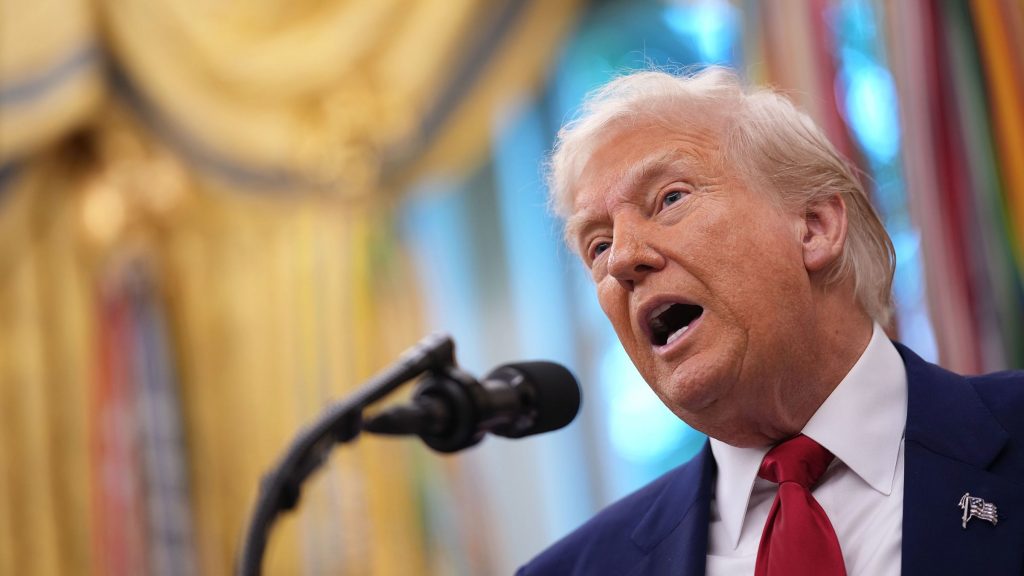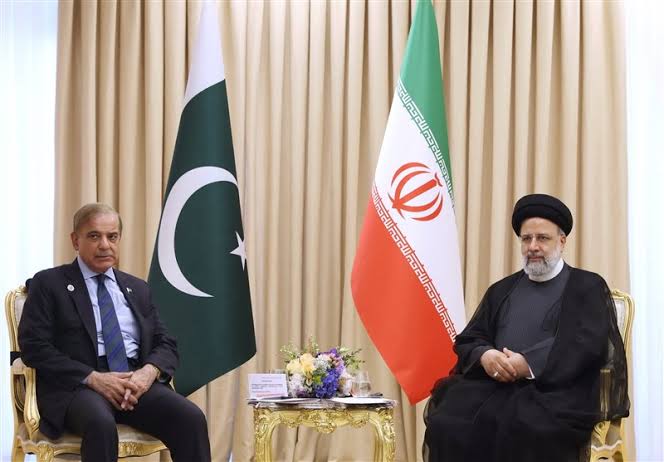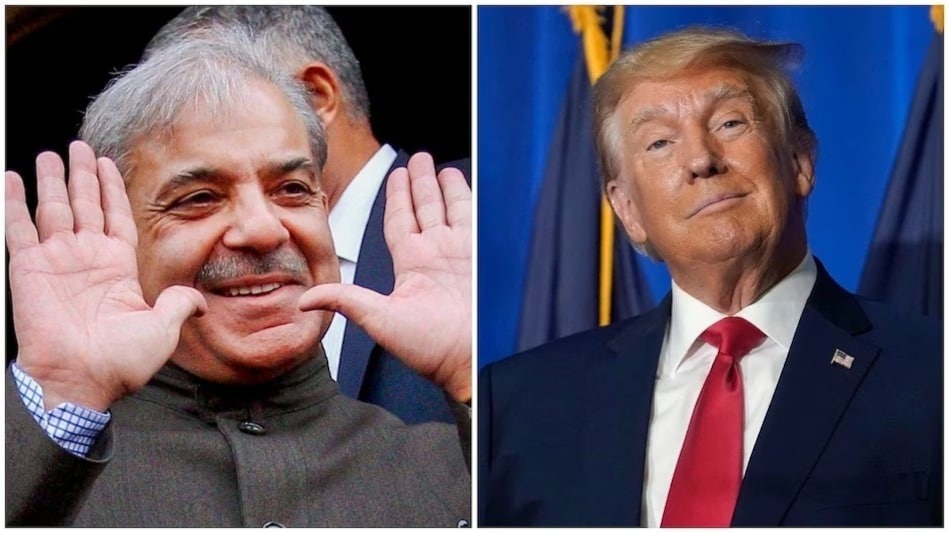News
UK MPs demand explanations from ministers over arms exports to Israel
amid Gaza conflict

UK parliamentarians on Wednesday, May 21, 2025, summoned three ministers responsible for arms exports to Israel to provide urgent clarifications regarding potential loopholes in the UK’s export control system.
The inquiry follows revelations that, despite a partial arms export ban imposed in September 2024, the UK approved military equipment licences worth £127.6 million to Israel in the fourth quarter of 2024.
This reportedly surpassed the combined total for 2020 to 2023, according to Campaign Against the Arms Trade (CAAT).
Ministers Called to Account
Liam Byrne, Chair of the Business Select Committee, has directed Trade Minister Douglas Alexander, to explain these discrepancies.
He also gave the directive to officials from the Foreign, Commonwealth & Development Office and the Ministry of Defence.
Byrne’s concerns stem from the approval of licences for items such as targeting systems, munitions, and aircraft parts.
These are equipment that could potentially be used in Gaza, despite assurances from ministers that such exports would not occur .
Discrepancies in Export Licences
The government’s partial suspension of arms exports to Israel was intended to prevent the use of UK-supplied equipment in the Gaza conflict.
However, data indicates that over £61 million worth of single-issue licences were granted for military goods with an end user in Israel, including components for fighter aircraft, helicopters, and drones .
These licences raise questions about the effectiveness of the suspension and whether it has been circumvented.
Government’s Position
Foreign Secretary David Lammy has denied that UK arms are being used in Gaza, asserting that “arms are not getting to Israel that could be used in Gaza.”
He emphasized that the suspension was not a blanket ban but a targeted measure to prevent the use of certain equipment in the conflict .
Legal Challenges and Parliamentary Scrutiny
The High Court recently conducted a judicial review to assess the legality of the UK’s indirect export of F-35 fighter jet components to Israel.
It acknowledged that these parts could be used in operations over Gaza.
This legal scrutiny adds to the pressure on the government to clarify its export practices and ensure compliance with international humanitarian law .
Political Reactions and Calls for Accountability
Labour MPs have expressed frustration over the government’s response, criticizing the suspension of trade talks with Israel as insufficient.
They argue that more concrete measures are necessary to hold Israel accountable for its actions in Gaza.
The government’s handling of arms exports and its stance on international law remain contentious issues within UK politics .
As the situation develops, MPs continue to demand transparency and accountability from ministers regarding the UK’s arms export policies and their implications for international humanitarian law.
For Diaspora Digital Media Updates click on Whatsapp, or Telegram. For eyewitness accounts/ reports/ articles, write to: citizenreports@diasporadigitalmedia.com. Follow us on X (Fomerly Twitter) or Facebook














